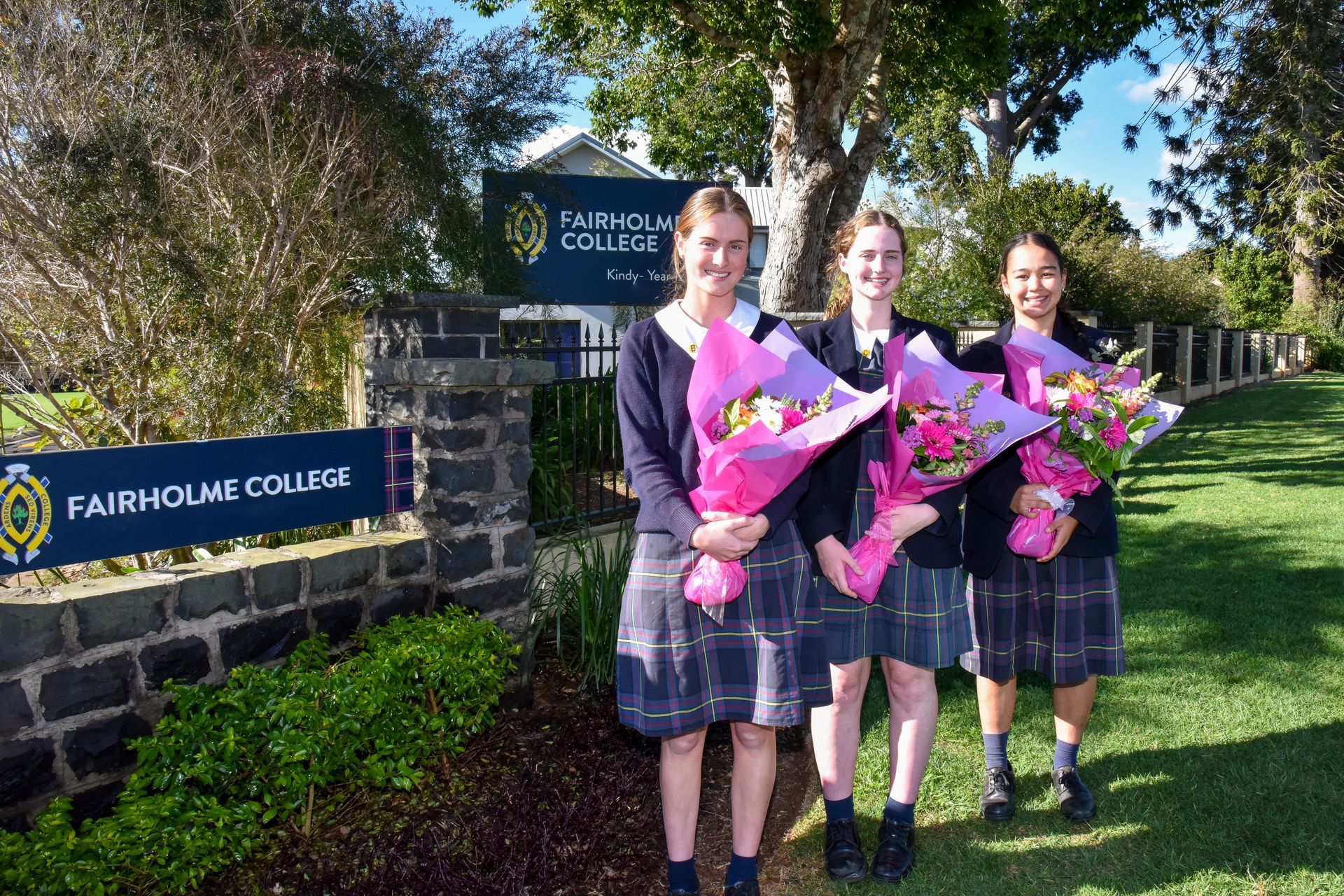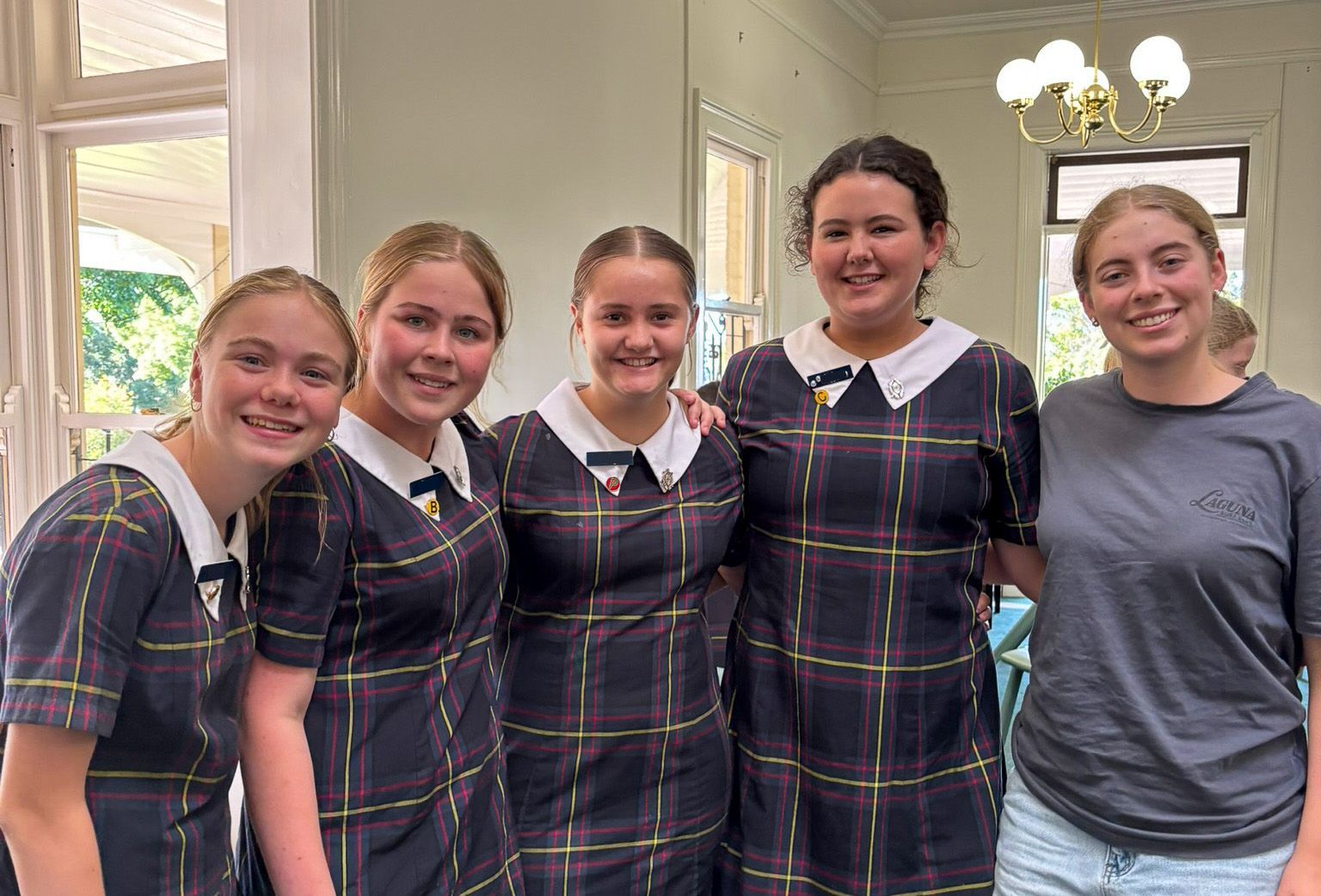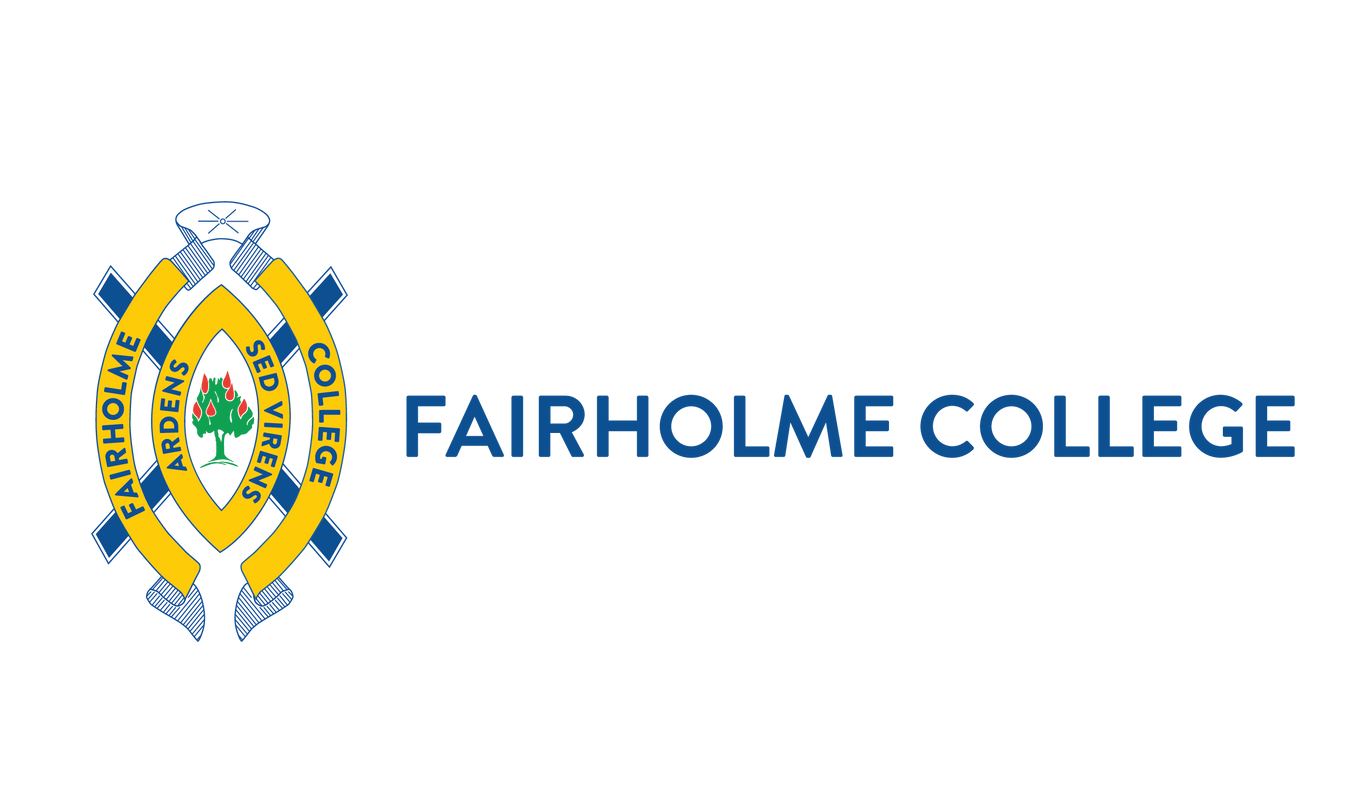At Least ...
‘If you want to model and teach your children empathy, forge a positive outlook, and strengthen their understanding of self and others.’
When my daughter emerged from her 262 days of lockdown during six separate lockdowns in Melbourne, she shared her aversion to two words … ‘at least’.
Our family received a stern lecture on the taboo nature of this sentence starter. From Natalie’s perspective, this phrase diminished empathy – a response she craved. “At least you had a job.” “At least you could exercise for an hour each day.” “At least you could Facetime your family.”
There seemed to be an inexhaustive list of “at least” commentary from well-meaning friends and family (including us), none of whom had any idea what it actually had felt like to be locked down for a period equating to almost nine months.
And, as I became aware of the words, I started to hear them everywhere. “At least it’s only three weeks until the school holidays.” “At least you passed.” “At least you’ve got friends.” Catch those words, they do not, according to popularist author, speaker, and psychologist, Brene Brown, do anything to recognise someone’s feelings and need for empathy.
According to Brown, “empathy fuels connection; sympathy drives disconnection.” When my daughter’s terse lecture to her family was completed, I asked her what might have been a better response – she expressed her yearning for something as uncomplicated as: “That must have been tough.”
Can you see the difference? When we jump in with our well-meaning “at least” sentences, we are judgmental in reaching that understanding – we place a value on the experience, diminishing its impact and presuming an understanding of the lived experience of that person.
Whilst sympathy can be defined as “feelings of pity and sorrow for someone else’s misfortune,” empathy can be described very differently: the “ability to understand and share the feelings of another” (Oxford English Dictionary).
Understanding the feelings of loss and fear associated with elongated lockdowns is quite different from presuming knowledge of the experience – a subtle nuance but an important one.
Language matters. Language is an important mirror of understanding. Language affects the way we see ourselves in relation to others.
I am judicious in the type and frequency of homework that I set my Year 10 English class, always reluctant to set homework just for the sake of it.
But here is some homework for us all. Eliminate some of these phrases from your vocabulary, if you want to model and teach your children empathy, forge a positive outlook, and strengthen their understanding of self and others.
Hit list of delete-worthy phrases
- At least …
- I/we should have … They should have …
- It’s their fault, not mine …
- If only …
Rather
- That must have been tough to hear.
- It would have been good if I had …. however, I didn’t.
- This is my part of the problem.
- I am thinking that …
May we all have endured and survived the last of the lockdown world but, like all confronting and difficult situations, there is, (at least) learning to attend to: an idea or even a whisper to note.
Dr Linda Evans | Principal
More News…







